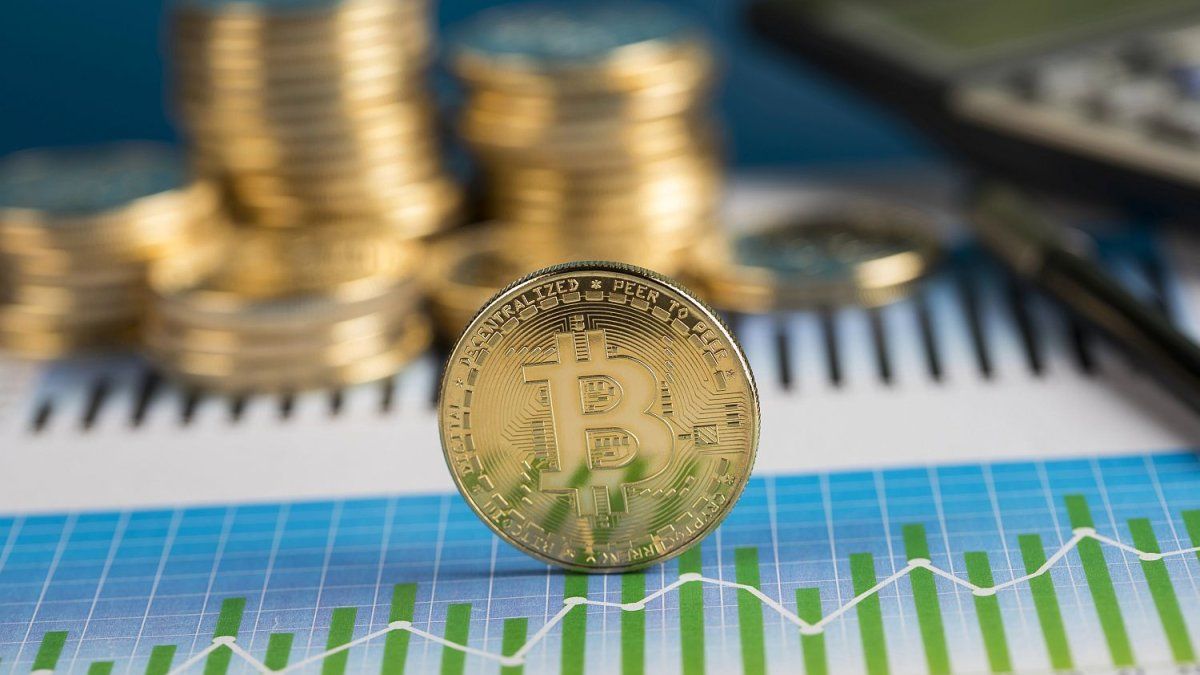Once this process is completed, the CNV will publish the standard that For the first time in Argentina, exchanges, virtual wallets and individuals that provide cryptoassets will be regulated. However, the proposal contemplates an extensive adaptation period that varies between 120 and 270 days, depending on the type of provider. Thus, official sources told Scope that They expect it to be fully operational by the last part of 2025.
The CNV began to have responsibility for this sector after Congress approved the reform of the Law on the Prevention of Money Laundering, Financing of Terrorism and Financing of the Proliferation of Weapons of Mass Destruction, in March of this year, in the context of the Financial Action Task Force (FATF) evaluation.
There, it was defined that virtual asset service providers (PSAV) will become obligated subjects before the Financial Information Unit (UIF) and the obligation to register with the CNV as a requirement to be able to operate in the country.
The truth is that The Government launched this regulation not so much because of its own regulatory vocation but because of the need to comply with the demands of the FATF. to avoid falling into the so-called “gray list”a qualification that poses difficulties for financial relations with the rest of the world. This organization pays particular attention to cryptoassets and their possible link to organized crime operations.
It was in the attempt to get rid of the “gray list” (something that was finally achieved and was celebrated by officials) that Javier Milei’s management re-promoted the reform project of the Money Laundering Prevention Law that had been presented during the government. by Alberto Fernández. “It was what we had on hand,” they told this medium in an official office. And from this, the CNV prepared the PSAV registry, as requested by the FATF, and advanced in the proposal to regulate crypto providers, in line with the provisions of the new legislation.
According to official sources, As of November 20, the registration of 97 PSAVs had already been approvedof which 91 are legal entities (19 foreign) and 6 are human persons. Likewise, they received registration requests from nearly 50 more providers. Today, those who operate less than 35,000 UVA are exempt from registering, however, the FATF demands that this floor be eliminated and that all suppliers be required to register, regardless of their size.
Crypto regulation: what the CNV project proposes
“We don’t want to overregulate or kill the business, but the law establishes harsh principles. The most difficult thing when it comes to regulating is finding a balance between both things,” said an official involved in the preparation of the proposal and assured that, to achieve this, there is a continuous back and forth with the actors in the sector.
Specifically, the project that is in public consultation maintains the obligation to register so that PSAVs can operate. In the case of offshore platforms must register in Argentina. The regulation is similar, in some ways, to that of the Settlement and Clearing Agents (ALyC) that operate on the stock market.
Sets five categories based on the five activities contemplated by the law for providers: exchange between crypto and fiat currency, exchange between virtual assets, transfer of crypto, custody of digital currencies and financial services based on virtual assets, each of which has a minimum nominated assets at UVA (35,000, 70,000 or 140,000). If the PSAV loses its net assets, it must rebuild it but, unlike an ALyC, it has no liquid counterpart.
It also includes certain requirements to operate, such as procedure manuals, computer and cybersecurity systems, security policiescustody details. Imposes the obligation to segregate assets between client accounts and those for PSAV’s own use. It establishes that they must appoint a regulatory person. Legislation on misleading advertising. Furthermore, it raises a information regime in which platforms must periodically report on the operated volumesalthough in a global way and not in detail about each client. And proposes a regime of sanctionsin line with those established by the Capital Markets Law (warnings, fines and, in extreme cases, exclusion).
Finally, it proposes adaptation deadlines, which will begin to apply once the regulation becomes official. In principle, they will be 120 days for natural persons, 180 days for national legal entities and 270 days for foreign firms. Beyond the fact that the sector is inclined to regulation, which they believe could make the business grow, they demand some modifications: for example, offshore platforms want longer adaptation periods to be able to define if they adapt to the requirements to register in the country.
A difficult sector to control
In any case, and despite the fact that cryptoassets themselves will not be regulated (such as bitcoin and other cryptocurrencies), the officials themselves recognize the difficulties there will be in ensuring that there are no non-compliances. It is a virtual and mostly offshore industrythey point out. For example, an international exchange, although it will have the obligation to register in Argentina and inform the CNV of its operations, may carry out transactions on its own global platform.
Thus, in the official offices, they recognize that they are now focused on developing the regulations and that, once it comes into force, they will face the definition of an inspection policy.
In short, regulation will not put a magnifying glass on whether virtual assets offered by the platform or provider are secure. Therefore, will not deal with the risks that a user assumes when subscribing to them. Instead, it will be limited to verifying that the PSAV meets the aforementioned requirements, that it does not carry out misleading advertising, that it does not comply with the minimum assets and that it respects the segregation of portfolios, among other points.
So, For the client it will not result in significant changes when operating. For example, if someone bought bitcoin and lost a lot of money due to an abrupt drop in its price, they will not be subject to any new safeguards resulting from regulation. The same occurs in cases of fraud, which in any case will fall to the Criminal Justice Department. What the client can do is check whether the platform on which it operates is registered as PSAV with the CNV.
Asked if they consider that a “crypto law” should be promoted in Argentina to directly regulate this type of assets, the officials They stated that, in reality, in what They work in a tokenization regime (the transformation of assets or data into a digital unit) because they consider that negotiable securities, the object of regulation of the CNV par excellence, are more likely to be found there. The idea, when it prospers, is to do a pilot test with maximum emission amounts. “When there is a tokenization regime, we will ask the issuer to make something similar to a prospectus that reports on the characteristics of each asset,” explained an official source.
Source: Ambito
I am a 24-year-old writer and journalist who has been working in the news industry for the past two years. I write primarily about market news, so if you’re looking for insights into what’s going on in the stock market or economic indicators, you’ve come to the right place. I also dabble in writing articles on lifestyle trends and pop culture news.




